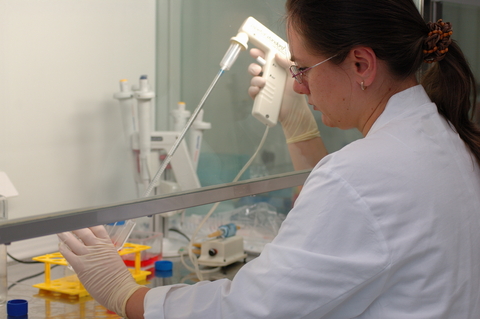University of Liverpool tackling antibiotic resistance

A new European research project aiming to help tackle the emergence and spread of drug resistant superbugs is underway at the University of Liverpool’s Institute of Infection and Global Health.
Funded by the Joint Programming Initiative on Antimicrobial Resistance (JPI-AMR) and led at the University Liverpool by Professor Aras Kadioglu, who report the project focuses on AMR in Streptococcus pneumoniae, a major human pathogen causing 1.3 million deaths worldwide annually due to invasive diseases such as pneumonia, meningitis and sepsis.
Effective antibiotics and particularly penicillin are crucial to successfully treat patients infected with pneumococci, but efforts to treat disease in both children and adults have been complicated by increasing resistance to antimicrobials. This increase in resistance is mainly due to over use of antibiotics and clonal expansion and global spread of multi-drug resistant pneumococci.
Epidemiological studies have demonstrated that antibiotic resistance is spread globally by a limited number of particularly successful multi-drug resistant pneumococcal clones. It is not known however, how these resistant pneumococcal clones are acquired or spread globally.
Aras Kadioglu said “We know that vaccination has certainly decreased AMR among vaccine-covered pneumococcal strains, but AMR now emerges by expansion of non-vaccine covered strains of pneumococci. The goal of our project is to understand the genetic and functional properties of these AMR clones with the aim of targeting and stopping their transmission in the carrier population.”
The €1.6m three year JPI-AMR project called “Mechanisms for acquisition and transmission of antimicrobial resistant (AMR) pneumococcal clones pre- and post-vaccination” brings together researchers from the Karolinska Institute, the Institute of Infection Immunology Hannover and the Royal Institute of Technology Stockholm and the University of Liverpool.








